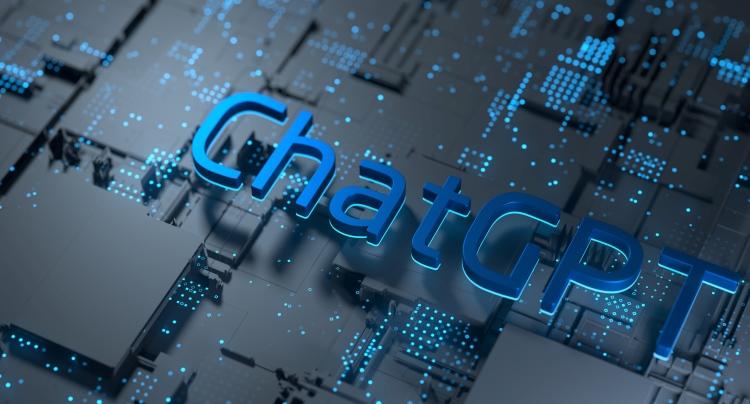
"While ChatGPT and similar language models can automate certain aspects of data analysis and decision-making processes, it is improbable that they will fully replace data scientist jobs."
Have you ever wondered how Chatbots and Data Scientists stack up against one another? Both roles are critical in today's digital landscape, but what sets them apart? In response to the question about whether ChatGPT will replace data scientist jobs, ChatGPT provided the following insight:
"Data scientists possess specific skills, including domain knowledge, statistical expertise, data manipulation, and critical thinking, surpassing language models' capabilities."
Therefore, I aim to dispel any assumptions and delve into the question, examining what lies ahead for these occupations.
First, let's define each role. A ChatGPT is a chatbot trained on a large amount of data to generate human-like responses. On the other hand, data scientists analyze data to extract valuable insights.
Now that we know what each role entails let's compare the skills and abilities required. Both ChatGPTs and data scientists need to be able to understand and work with data. However, data scientists also need to be able to use statistical methods to analyze that data and draw conclusions from it. In addition, they need to communicate their findings clearly and concisely to others.
So, which is better suited for extracting valuable insights from data: ChatGPTs or data scientists? Data scientists are better equipped for the job based on the skills and abilities required for each role. However, it should also be noted that ChatGPTs are still valuable tools that can help people to understand and interact with data.
Skill Comparison: Comparing ChatGPT's Abilities to Those of Data Scientists
Chatbots and data scientists possess similarities and differences in their skills and abilities. While both can collect and analyze data, data scientists excel in developing predictive models. Data scientists have a unique skill set, including domain knowledge, statistical expertise, and critical thinking, which are crucial for data-driven decision-making. On the other hand, chatbots excel in human interaction and understanding natural language, making them valuable for dealing with unstructured data.
Pros and Cons of Working with ChatGPT vs. Data Scientists
There are many factors to consider when deciding whether to work with a chatbot or data scientist. Here, we will compare the pros and cons of both options to help you make an informed decision.
Working with a chatbot:
PROS:
-They are available 24/7 and can provide instantaneous responses to queries.
-They can be deployed without the need for extensive training.
-They can handle large volumes of data and requests.
- They require minimal maintenance once deployed.
CONS:
-They may need to provide a different level of accuracy than a human data scientist.
-They may not be able to understand complex questions or queries.
Working with a data scientist:
PROS:
-Their proficiency in complex data analysis, machine learning, and artificial intelligence enables them to offer precise results and insights.
-They can provide tailored solutions to specific problems.
-They are familiar with various programming languages that can help automate tasks.
CONS:
-Hiring a data scientist can be challenging and costly.
-Becoming a data scientist requires extensive training that can be both time-consuming and resource-intensive.
-Data scientists may not be available 24/7.
Real World Applications: How Can We Put Both Expertises Into Practice?
Analyzing customer sentiment: Data scientists can analyze surveys and social media data, while ChatGPT assists in understanding customer sentiment on a larger scale.
Spotting emerging trends: Data scientists identify patterns, while ChatGPT analyzes textual data for real-time trend spotting.
Automating data analysis: ChatGPT automates data preprocessing and exploratory analysis, freeing up data scientists' time for complex tasks.
Enhancing decision-making: Combined expertise of data scientists and ChatGPT leads to more informed decisions based on accurate data analysis and predictions.
Conclusion
While ChatGPT and similar models help analyze data, they must be able to replace data scientists' unique skills and critical thinking. The collaboration between data scientists and AI models can boost productivity and open up new possibilities. Data scientists play a crucial role in ensuring accurate analysis, informed decision-making, and effective data utilization while mitigating risks and saving businesses from financial consequences caused by poor data quality. Additionally, ChatGPT can improve communication and customer experience through virtual assistants and chatbots.
The author is a Director, Market Research & Consulting @ Asia Research Partners LLP.

 In
In
Add new comment